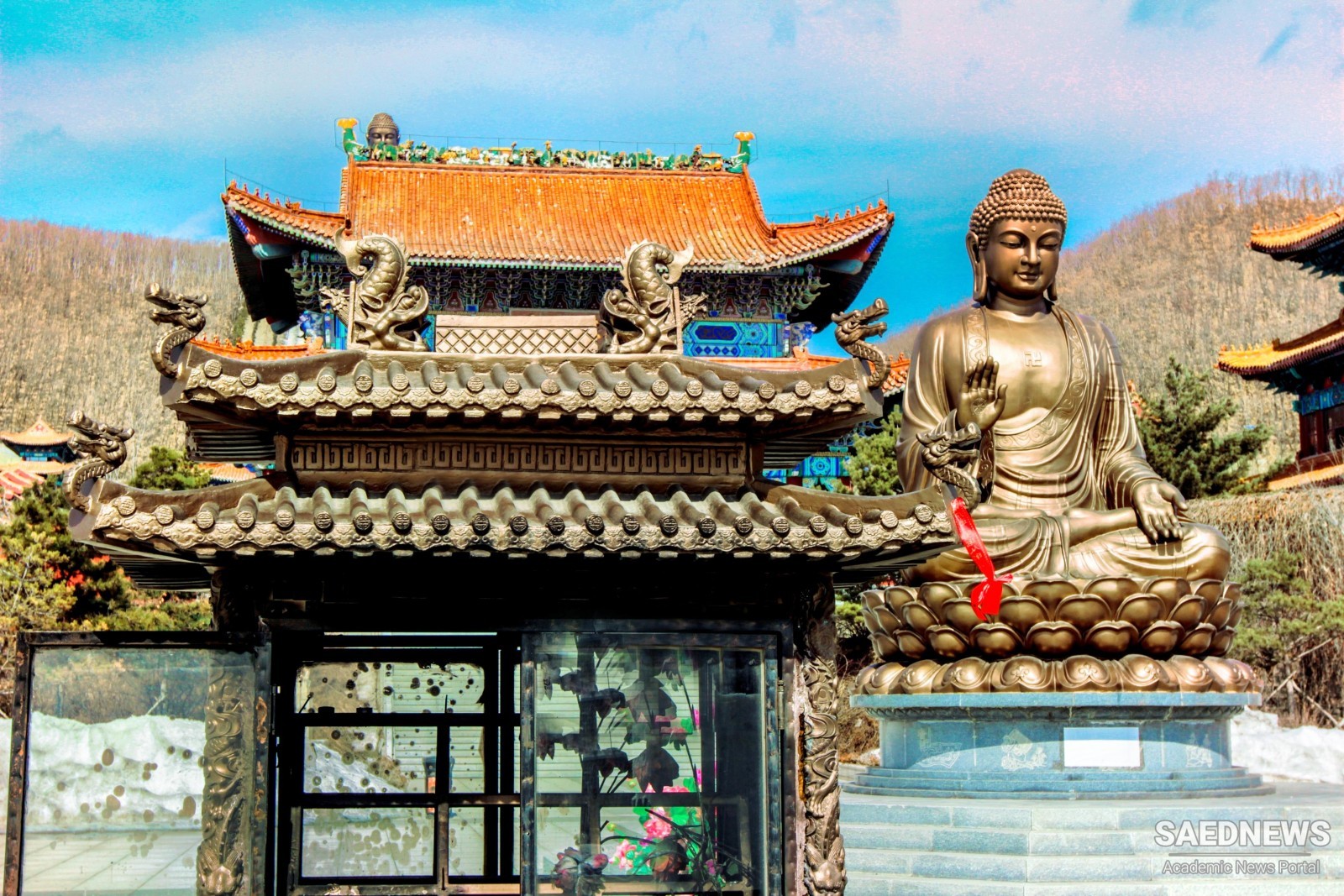Relativism and pluralism go a long way in characterising culture(s) as a set of resources and it is thus not surprising that cultural tourism constantly seems to generate interconnected and apparently intractable moments of contestation in the way we represent and receive culture as both tourists and hosts. How, for example, how can we privilege womens’ or Black history without doing the same for men or Whites? How can we balance the iconic signification of culture with the intimate? How do we celebrate cultural difference and diversity in ways that retain meaning for tourists and visited communities? Both relativism and essentialism still create major challenges in the context of truth and reconciliation, especially when interpreting or representing one’s past in the present. Alexander et al. (2004) note how cultural traumas (e.g. the Holocaust) leave indelible marks on their groups’ consciousness, memories and identity, which can be both solidifying or disruptive, but rarely unanimous. People come to terms with their past in different ways, but the development of a (cultural) tourism industry also necessitates the acceptance of responsibility in terms of interpretation and representation of events. The 20th century is widely regarded as one of the most violent and tragic in modern history, thus there is much to come to terms with and to (re)present (Source: International Cultural Tourism).


 Cultural Tourism and Ancient Inspiration for Modern Achievements
Cultural Tourism and Ancient Inspiration for Modern Achievements














































